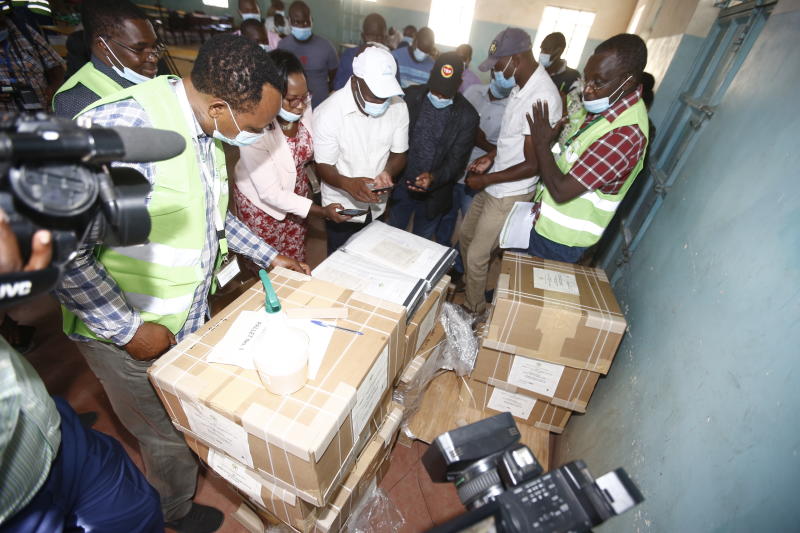×
The Standard e-Paper
Stay Informed, Even Offline

After the Kiambaa by-election last week, it has emerged that more still needs to be done to ensure the smooth running of elections in Kenya.
Counting and announcement of the results were halted after violence broke out over vote-rigging allegations. Such incidences usually raise tension and suspicion among observers and parties, and ends up eroding confidence in the electoral system and process.